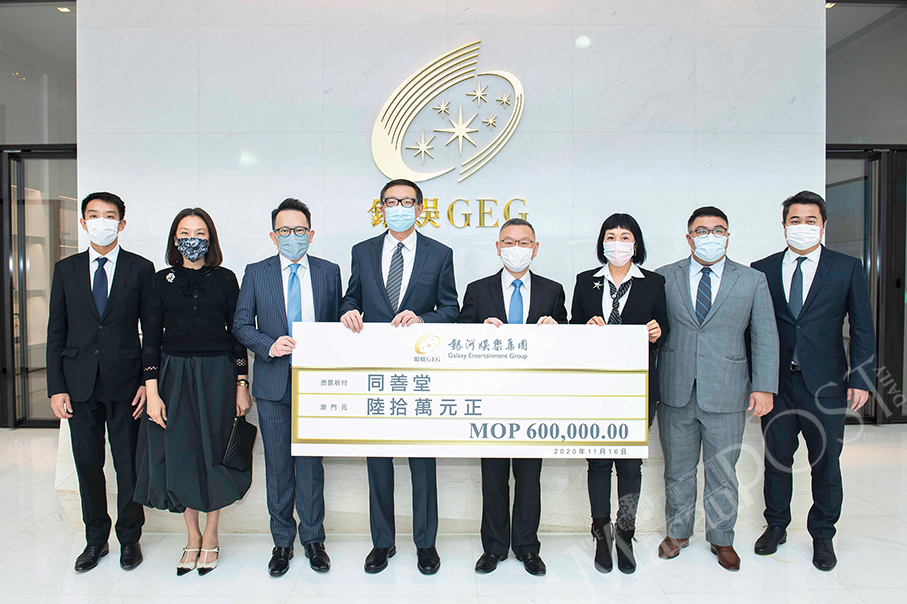The legislature’s Follow-up Committee for Public Administration Affairs held on Friday a closed-door meeting about the government’s suicide prevention mechanism and relevant supportive measures, during which, according to directly-elected lawmaker-cum-businessman Zheng Anting, the Heath Bureau (SSM) noted that the city’s health centres provided last year psychological support services on 6,000 occasions, while also referring 50,000 cases to the public Conde de São Januário Hospital Centre for psychiatric consultation, but Zheng added that none of his fellow committee members asked about the current trend of students committing suicide in Macau, nor did attending officials release any statistics on student suicide rates.
Speaking during a press briefing after the nearly 2-hour meeting with Health Bureau, Education and Youth Development Bureau (DSEDJ) and Social Welfare Bureau (IAS) officials at the Legislative Assembly (AL) Building in Nam Van on Friday, Zheng noted that the number of suicides recorded last year reached 88, with 22 suicides in the first quarter of this year, pointing out there were three suicides recorded among those aged between 15 and 24 in the first quarter of this year and five each in the whole of 2022 and 2023.
When asked by reporters whether during the meeting the government officials had assessed the level of student suicide in Macau and whether it was serious, Zheng said that many of his fellow committee members affirmed the work of the government, adding that the government also took on board many of the suggestions made by the members, including the provision of psychological training for school personnel and the expansion of training for community members in mental health treatment: “None of our fellow members asked whether the present situation of suicide is very serious, average or not serious”.
Zheng quoted the data of the Health Bureau’s mechanism with two social welfare institutions – the Women’s General Association of Macau (commonly known as Fu Luen in Cantonese) and Macau General Union of Neighbourhood Associations (commonly known as Kai Fong) – in providing psychological support services as noting that the two entities provided services on 4,000 occasions last year, adding that there are currently more than 160 general practitioners in the health centres, who will receive training from specialists, with the objective of enabling those who are in need to receive general treatment for minor illnesses in the health centres.
On the school front, Zhang quoted DSEDJ officials as saying that the bureau had already put in place a Joint Prevention and Coordination mechanism in 2021 and that there are currently 380 psychological counsellors in schools: “The bureau hopes that all principals, vice-principals, discipline teachers and teachers will receive training on mental health at least once in one or two years. Counsellors and class advisors would observe students and rate their psychological conditions, with the higher the score, the more attention they would receive or the more likely they would have to be referred for treatment.”
In terms of the Social Welfare Bureau’s mechanisms, according to Zhang, the bureau is in touch with 36 social welfare organisations, in which 124 social workers have provided relevant services covering more than 2,000 families. The officials also noted that the number of calls to counselling hotlines received last year stood at 10,000.
The president of the Legislative Assembly’s Follow-up Committee for Public Administration Affairs, directly-elected lawmaker-cum-businessman Zheng Anting (left), and fellow committee member, indirectly-elected lawmaker-cum-unionist Lei Chan U, brief the media after Friday’s closed-door meeting about the government’s current suicide prevention mechanism and relevant supportive measures.
– Photo courtesy of TDM









